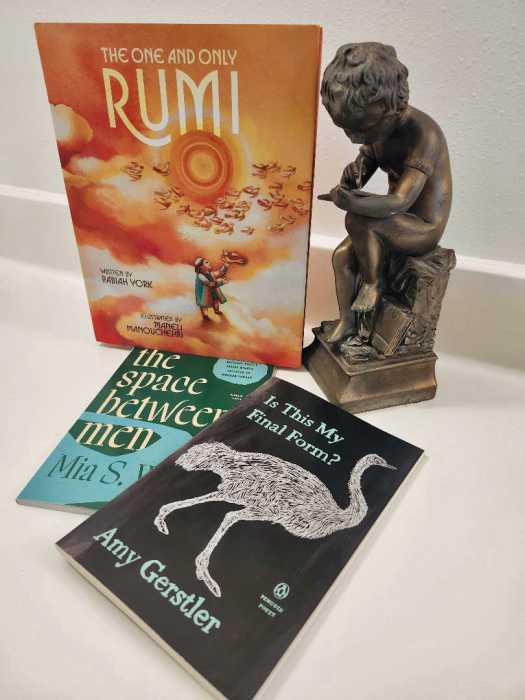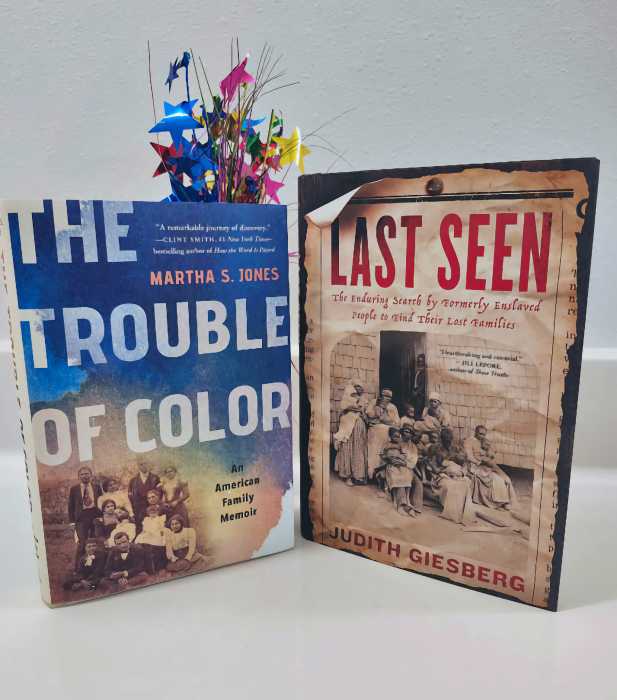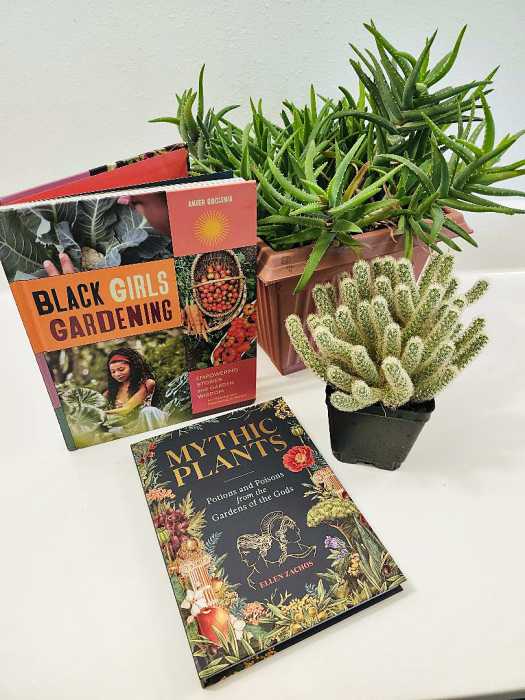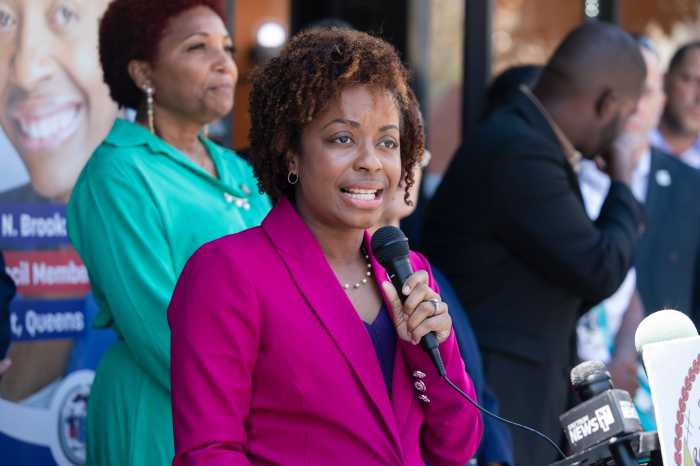“Black Love Matters: Real Talk on Romance, Being Seen, and Happily Ever Afters” edited by Jessica P. Pryde
c.2022, Berkley
$17.00
263 pages
Bodice-rippers.
That’s what they’re sometimes called: you know, those romance books that feature a hard-bodied, handsome man on the cover, and he’s holding the shoulders of a lovely, swooning woman wearing a dress with a ripped bodice. Steamy inside and out, but does the couple in question look like you? In the new book, “Black Love Matters,” edited by Jessica P. Pryde, they might.
For much of history, Black love didn’t end in Happily Ever After (called “HEA” in several places in this book). Black love was controlled by someone else, or it was hard to keep, or it was just plain forbidden. As for Black literature, it was much the same – until the late 1800s, when poet and activist Frances Ellen Watkins Harper wrote what may be the first Black romance novel, Iola Leroy, or Shadows Uplifted.
In the couple decades after Harper’s book was released, fans might’ve seen Black romance stories in Black newspapers here and there. In the middle of the last century, readers could find magazines with spicy titles that featured kiss-and-tell stories. It wasn’t until the 1980s that romance authors began writing specifically for a Black audience, and readers in the know learned to look for certain authors or publishers to find love literature.
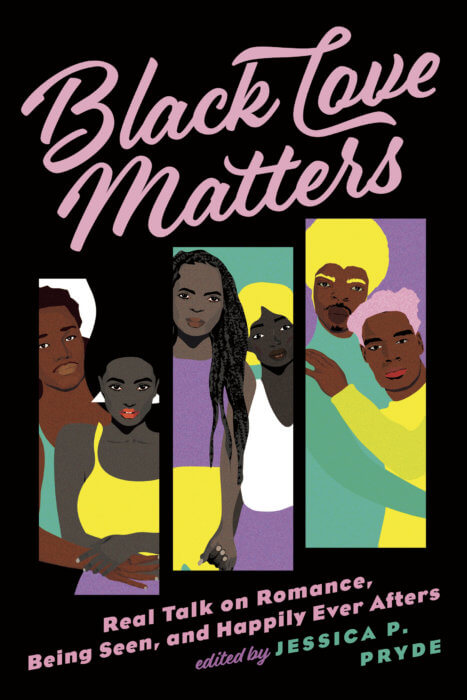
Seeing those books on the shelf, says contributor Allie Parker, is a what representation is all about; the characters in Black romance books show a reader that HEA is possible and “That people like you are worth rooting for.” Carole V. Bell says romance novels are “inextricably bound in Black solidarity.” Nicole M. Jackson says it’s now very possible to find queer Black romances, if you want them. Jasmine Guillory says that readers shouldn’t be surprised if there’s lots of food involved because “When I love someone… I want to feed them.”
And yet, editor Pryde calls for integration.
“We might want more black couples in our media,” she says, “but not at the expense of the relationships those people were already in. Just give us more. Give us balance.”
It’s about time, isn’t it? Time that a book like “Black Love Matters” brings a rarely-talked-about subject to the forefront and asks why Black readers have had to wait to see themselves and their history inside the kinds of books that white readers take for granted.
In this book, you’ll learn the history of Black romance novels. Readers and writers weigh in on the delight they’ve felt when they’ve discovered Black romances on a shelf somewhere, the reason they sometimes hid those novels from others, and what‘s being done to promote Black love stories. The entire genre, overall, has often been dismissed as fluff but the contributors here explain why it’s important to give Black love stories their own HEA.
In the purest sense, this is a love letter to Black romance novels. The bonus is that romance readers will find lots of great recommendations, so bring your Must-Have List with you when you start “Black Love Matters. It’s a book you’ll rip through, quick.




